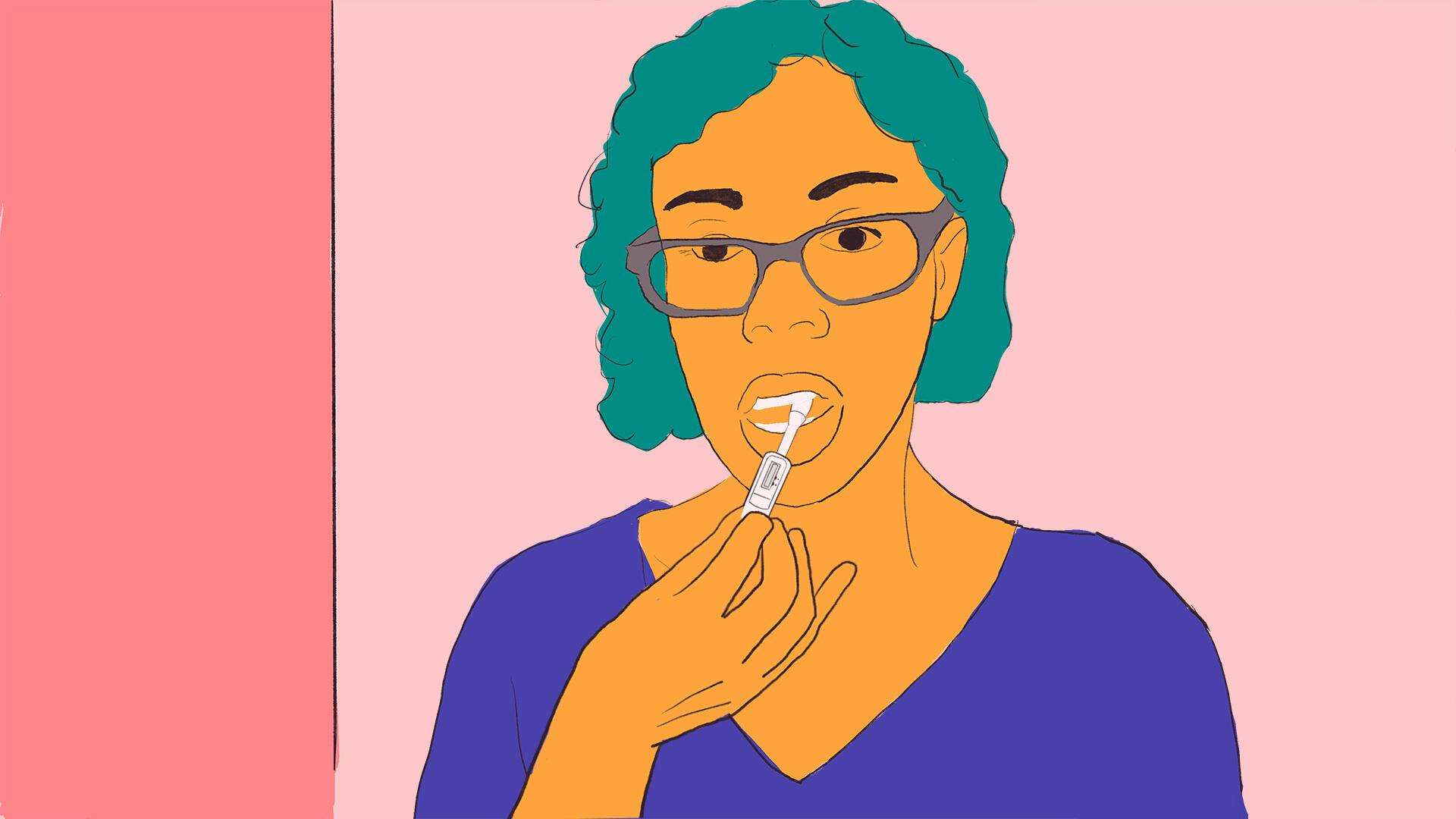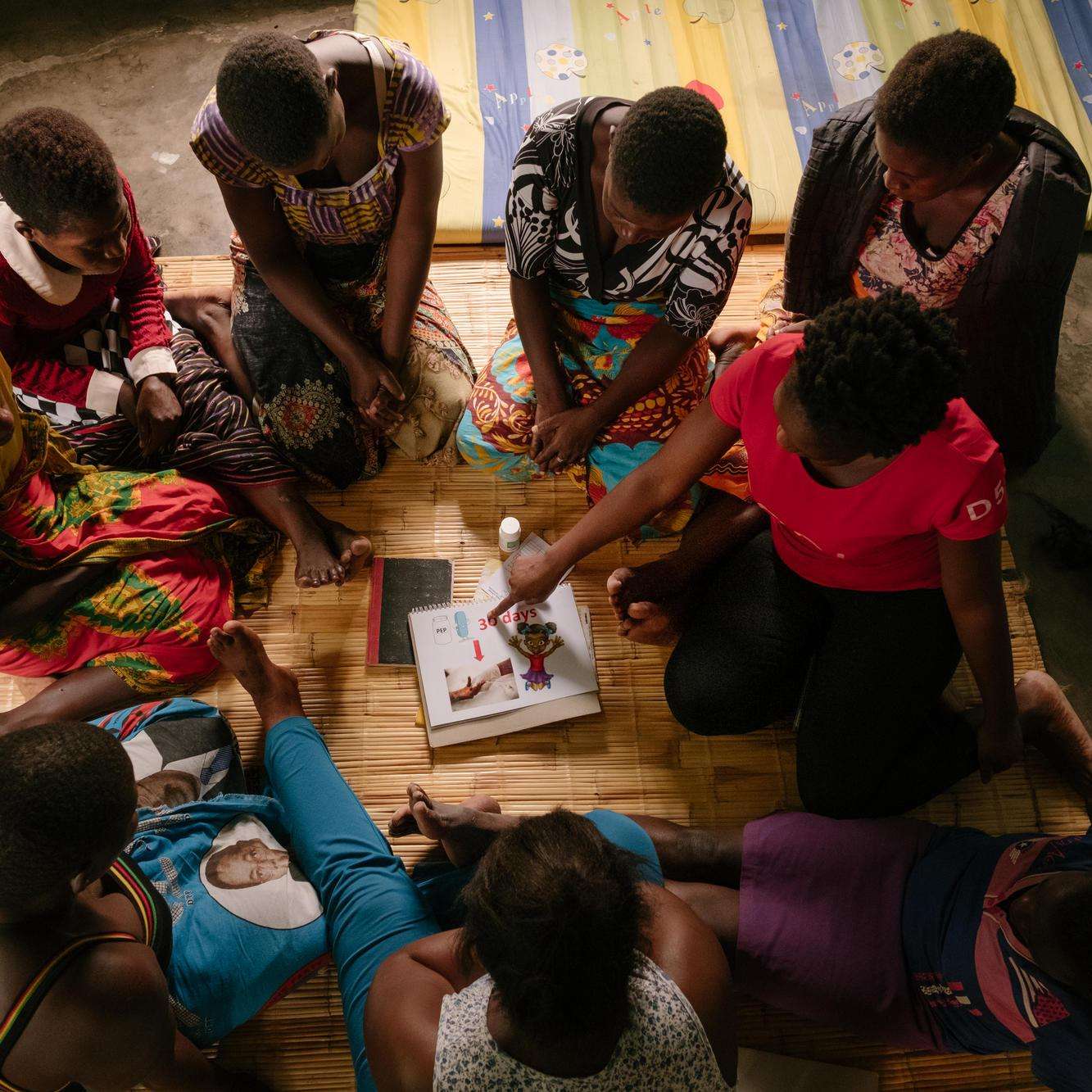Self-care is changing the face of health care. It focuses on equipping and entrusting people to take a central role in their own health. For many people, this can involve an important shift to being able to make decisions about their own care when they may not have had this autonomy before.
In our programs around the world, Doctors Without Borders/Médecins Sans Frontières (MSF) teams are seeing how self-care can improve health care access and quality. As a medical humanitarian organization, MSF is integrating self-care as part of a patient-centered approach, supporting people with the knowledge and skills to undertake self-care safely while retaining access to formal health services when needed.
The World Health Organization (WHO) defines self-care as “the ability of individuals, families, and communities to promote health, prevent disease, maintain health, and cope with illness and disability with or without the support of a health care provider.”
What is self-care?
- Self-management of medication, treatment, examination, injection, and administration
- Self-testing ranging from sampling and screening to diagnosis, collection, and monitoring
- Self-awareness, including self-education, self-regulation, and self-determination.
Self-care is not about people having to provide their own health care without support. It is about entrusting people to manage parts of their own health care if they choose to do so.
Simplified tests and treatments, point-of-care devices, and mobile technology have all made self-care more possible in recent years—with great potential benefits, especially for women and girls.
Reducing stigma and obstacles to care
Globally, many people still do not have access to essential health care and struggle to manage sexual and reproductive health issues that may be stigmatizing.
Close to one in four women of reproductive age still has no access to modern contraception to help her plan or limit her pregnancies. Just over half of people 15 years or older who are living with HIV are women. Unsafe abortion remains a major cause of death for pregnant people who are unable to access safe abortion care.
The many social, economic, logistical, and other barriers to accessing health care can be compounded by violence and discrimination. The situation is also aggravated in acute humanitarian crises. COVID-19 has amplified health service discrepancies in these settings, worsening sexual and reproductive health outcomes. And while lockdowns in many countries have been implemented to keep us safe, they have also increased the dangers of domestic violence and abuse for some women trapped at home.
In such circumstances, the obstacles can be so great that people will not seek care, even if they need it. Self-care is an opportunity to address this, as recognized by the WHO in its first ever self-care intervention guidelines in 2019, developed specifically for sexual and reproductive health.
Health care for the community, by the community
Self-care can expand access to health care in remote locations, unstable contexts, or areas with poor health infrastructure. It can extend health care outside the hospital or the clinic, beyond the doctor or the nurse. It can be a pragmatic response where health care resources are stretched, but also enable connections to care where they didn’t exist before.
Self-care interventions can deliver evidence-based and low-risk health care options directly and discreetly within the community or to individuals’ homes—such as self-injectable contraception. Offering more convenience and more confidentiality, self-care approaches can enable early diagnosis and more timely medical care—such as HIV self-testing.
Through focusing on an individual’s needs, self-care approaches can also improve the quality of care that people receive: care that is appropriate, respectful, and built on trust.
For some people, self-care may be the only safe alternative, without which they may be forced to seek unsafe services or have no care at all. For example, access to self-managed medication abortion could prevent someone from resorting to unsafe methods to end their pregnancy. We know that more than 24,000 women die from unsafe abortions each year and millions more are injured by unsafe methods. Self-care can be lifesaving.
Empowering people with self-care
Self-care empowers people because it gives them access to information and services that allow them to decide what works best for them. Individuals get choices and autonomy.
Self-care also allows people to help take care of others in their community, by sharing reliable information peer-to-peer, delivering care as community health workers, and engaging with those who have similar lived experiences and health needs.





